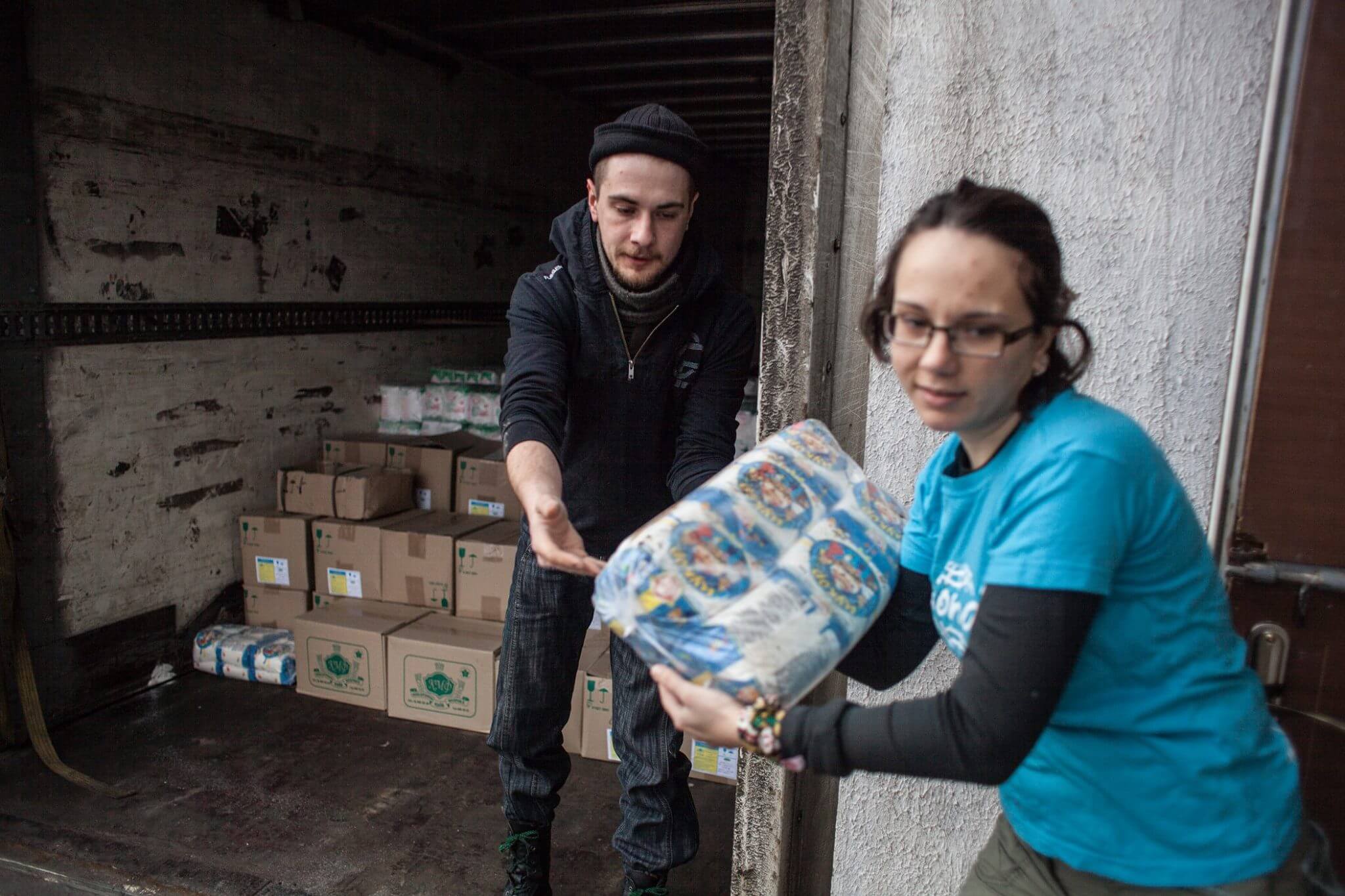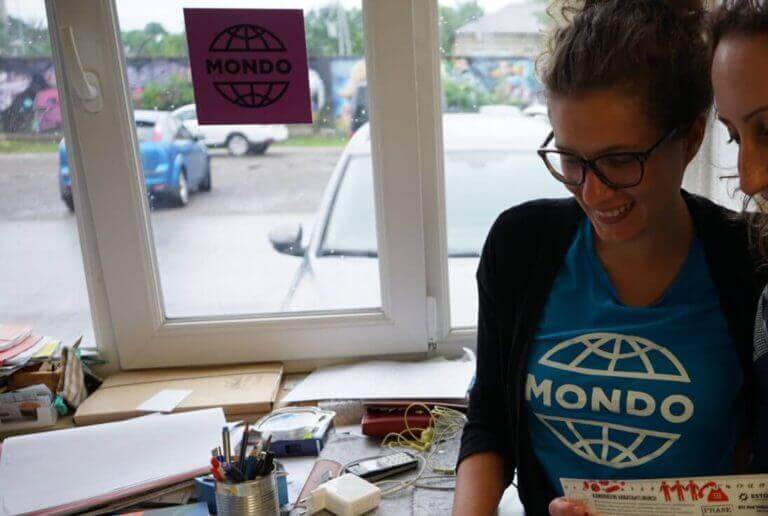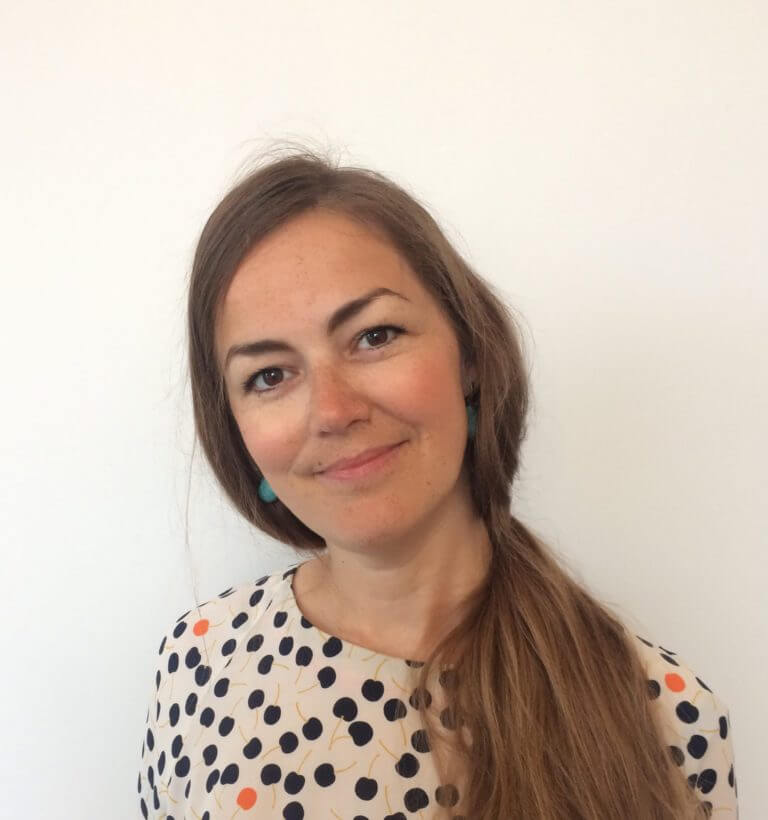Becoming a
Humanitarian Aid Worker
Would you like to become a professional in the humanitarian aid field? Are you looking to improve your competences regarding aid delivery and reaction to crises all over the world?
If yes, don’t miss the essential training “Becoming a Humanitarian Aid Worker” taking place in Tallinn, Estonia.
With climate change and several large ongoing conflicts, humanitarian aid needs are becoming more dire than ever and many of us would like to help those in need. But only by being aware of professional standards and best practices can the aid provided be efficient. Take a step forward in your personal and professional development by participating in the humanitarian aid training in Tallinn.
The training is provided by NGO Mondo, the largest humanitarian aid and development organization in Estonia.
What topics does the training cover?
This is an introductory course to beginners in the humanitarian field. The course covers the basics of disasters, responding to disasters, and the practicalities of being an aid provider. Topics are covered through lectures, teamwork exercises, readings and discussions.
The main themes covered in this course are:
- Disaster preparedness, reducing risk, and the impacts of a disaster
- Coordination and information flow between humanitarian aid actors
- Humanitarian laws, standards, and codes of conduct
- Practical skills for fieldwork (managing stress, teamwork, communication, etc.)
Trainers will give personal practical insights to topics covered throughout the three days. Active experience-sharing within the participant’s group is strongly encouraged.
With climate change and several large ongoing conflicts, humanitarian aid needs are becoming more dire than ever and many of us would like to help those in need. But only by being aware of professional standards and best practices can the aid provided be efficient. Take a step forward in your personal and professional development by participating in the humanitarian aid training in Tallinn.
The training is provided by NGO Mondo, the largest humanitarian aid and development organization in Estonia.
What topics does the training cover?
This is an introductory course to beginners in the humanitarian field. The course covers the basics of disasters, responding to disasters, and the practicalities of being an aid provider. Topics are covered through lectures, teamwork exercises, readings and discussions.
The main themes covered in this course are:
- Disaster preparedness, reducing risk, and the impacts of a disaster
- Coordination and information flow between humanitarian aid actors
- Humanitarian laws, standards, and codes of conduct
- Practical skills for fieldwork (managing stress, teamwork, communication, etc.)
Trainers will give personal practical insights to topics covered throughout the three days. Active experience-sharing within the participant’s group is strongly encouraged.
Type: introductory course to humanitarian aid
Dates: TO BE ANNOUNCED
Location: Tallinn, Estonia
Price (including accommodation in Tallinn):
-
-
- Small organisations and freelancers:
- 425–450 EUR
- Large organisations:
- 500–550 EUR
- Small organisations and freelancers:
-
Discount prices available to participants not needing accommodation.
Organisations with less than 20 employees are considered small and organisations with more than 20 employees considered as large organisations.
The training has been postponed, new dates will be announced soon.
In case of interest, please contact us at aliine@mondo.org.ee.

THE TEAM BEHIND THE TRAINING
Gert Teder is a humanitarian aid and rescue professional with more than 20 years of experience, since becoming the member of the Estonian Disaster Relief Team in 1997. He has participated in more than 14 different international missions from Pakistan and Jordania to Haiti and Malawi. He is a founding member of NGO Mondo and works as the head of one of the main rescue teams in Tallinn. In 2010 he completed the UNDAC foundation course and has been the UNDAC contact person in Estonia since.

Aliine Lotman joined NGO Mondo as a communication specialist in 2015. In 2018 she moved to the humanitarian aid team within Mondo to coordinate the development of Mondo’s digital competency programme intended for dispaced and refugee youths within the framework of Education in Emergencies. Today, the programme has been piloted in Jordan, Syria, and Uganda and is in the process of being scaled. She has a BA in anthropology and MA in Technology Governance and Digital Transformation.

Maari Ross is the head of the humanitarian aid team in Mondo and a member of the board. She has worked with development cooperation projects in Afghanistan and Ethiopia and coordinated Mondo’s humanitarian aid efforts towards Syrian refugees since 2017. She has a background in Asian and Middle-Eastern Studies.
Koolituse turundust toetab Eesti Välisministeerium humanitaarabi- ja arengukoostöö rahastusest.
The marketing of this course is supported by the Estonian Ministry of Foreign Affairs.
